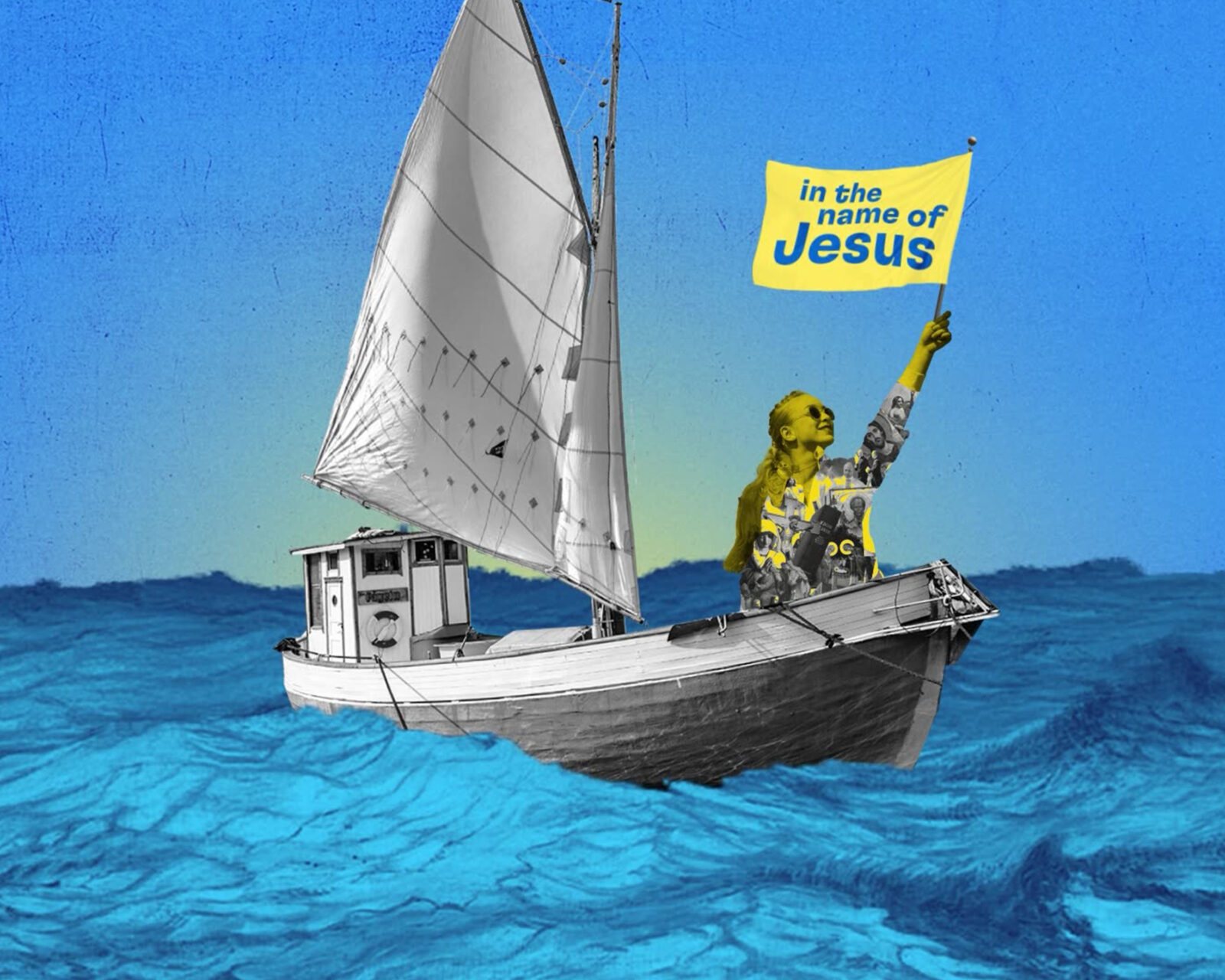Video Transcript
Edmund: Have you ever dreamed of living off the grid way out in nature? Here’s a scenario for you to consider. Imagine you live this fantasy in a cozy home way out in the wild; walking distance from a public pond that’s owned by no one and filled with wild fish. Every day, you walk your fishing pole down to the pond and catch enough fish to eat. Then one day, you notice another person going to the same pond to fish. You and this fishing buddy continue this routine for a year or two, happily catching enough fish to feed yourselves and your families.
One year, another person comes to the pond with a fancy contraption and is able to catch considerably more fish than you and your buddy combined. Pretty soon, this new fisher is catching hundreds of fish a day, and he isn’t using the fish to feed himself and his family. This person is actually catching all these fish and bringing them to a village miles away to sell at the market. After a while, you notice the fish are becoming more scarce. And you’re having a harder and harder time catching enough fish to feed yourself and your family.
What would you do?
In a much more macro way, the world is suffering a similar problem with the fish population in the Earth’s oceans. The number of overfished stocks globally has tripled in half a century, and today, fully one-third of the world’s assessed fisheries are currently pushed beyond their biological limits. This is according to the Food and Agriculture Organization of the United Nations.
While nations have “ownership” and rights to fish within the miles of ocean around their country, there are deep parts of the ocean unowned by any country or person. It’s estimated that more than 4 million fishing vessels of all sizes regularly hunt the ocean for fish, and many of these boats have expanded their capacity and efficiency, allowing them to catch more and more fish.
And then there’s another big issue: illegal fishing. It’s estimated that up to 30% of high-valued species of fish caught today are caught illegally.
Overfishing has negative consequences on the environment and on the ecosystem of the ocean, but one of the worst effects of overfishing is the impact on people, especially local communities that can’t compete with industrial fishing operations. The situation in Gambia, a country in West Africa, is just one example. Amnesty International recently published a report titled “The Human Cost of Overfishing: How the overuse of fisheries resources in Sanyang threatens human rights”.
The report includes stories from fishers, vendors, and restaurant owners in Sanyang, a village in Gambia, all of whom have seen their livelihoods threatened by the depletion of fish. Many people are struggling to buy enough fish because prices have risen as fish have become more scarce.
Samira Daoud, from Amnesty International, said this: “Local communities are being deprived of their right to a decent standard of living as well as their right to health and food. The Gambian authorities must take urgent action to both better protect the environment and the fundamental rights of these communities. The socio-economic rights of communities in Sanyang are particularly under threat.”
So, maybe you don’t eat fish. But an awareness of the problems caused by overfishing and other unjust distribution of resources forces us to examine our attitude and relationship to creation and the things in it. When someone says that humans have a “right” to have their food and health needs met, we’re talking about what we really believe is the purpose of things in the world.
What do we believe the goods of nature are made for? Is “stuff” we can find and own really just made for us? Or do we have some responsibility to our neighbors as we are deciding what to take, own, and keep for ourselves?
We might not all fish, but there are oceans of finite resources all around us, in our neighborhoods, in our cities and countries. If “catching” an extra “fish” or two allows us to have a little more, to what extent should we take advantage of this opportunity? And what’s the cost to the people around us?
What is the right relationship we should have toward the world, the things in it, and the people who need them?




